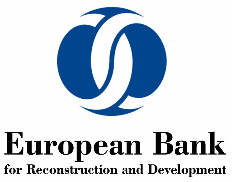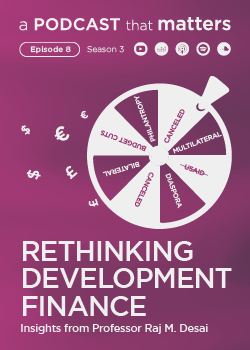Print

Vitebsk Solid Waste Project
Details
Locations:Belarus
Start Date:Nov 30, 2015
End Date:Mar 28, 2016
Contract value: EUR 279,840
Sectors: Pollution & Waste Management (incl. treatment)
Categories:Consulting services
Funding Agencies:
Date posted:Jan 25, 2016
Description
Project ID: 48646
Title: Vitebsk Solid Waste Project - Feasibility Study
Specific objectives of the assignment shall include, inter alia:
• Review the needs of the Company and the City, including definition and establishment of the area to be covered by the investment.
• Review the specific needs (i.e. the needs of all relevant stakeholders, presenting any differentiated needs and priorities according to gender and age) for solid waste management in the area.
• Review the applicable legislation at local and national level in place regarding waste (e.g. targets on material and energy production from waste), and assess the implications on the Project.
• Review and analyse the current system of solid waste separation, collection and reprocessing for recycling and, if appropriate, make recommendations on how this could be improved, taking into consideration international best practices in waste management (eg BREFs) and following the EU waste hierarchy options at the maximum extent. Identify potential industrial users of separated materials and barriers existing to the development of a market for such products.
• Review and analyse the current situation of the waste treatment/separation/ recycling/landfilling in the area in terms of condition of major equipment and facilities, recent past years performances, operation and maintenance (“O&M”) practices, capacity of the City to manage and address all relevant environmental and social risks and impacts, compliance with national laws and regulations and any liability issues.
• Once the waste management option and site selection has been confirmed, screen the project against the EBRD’s Environmental and Social Policy (2014, “ESP”) and associated Performance Requirements (“PRs”) to propose, and agree with the EBRD, the project category (A or B) and confirm the environmental and social due diligence required.
• If the Project is categorised as B (once agreed with the EBRD) carry out an Environmental and Social Assessment (E&S Due Diligence, “ESDD”) of the proposed Project to identify its environmental and social risks, impacts and benefits and to structure the Project to comply with the ESP and PRs. If the Project is categorised as A, this ToR will be revised by the EBRD.
• Based on the results of the above, draw up a detailed priority investment programme (“PIP”) for a waste sorting and processing facility in Vitebsk, including but not limited to i) an automatic sorting facility, ii) digester for biodegradable fractions, iii) a plant for the production of Refuse Derived Fuel (“RDF”) or similar material for production of energy from waste refuse. This should also include a recommendation on where this new facility should be situated.
• Make necessary recommendations for institutional changes (organisation of solid waste management, changes in law or institutional, including human resources, changes) regarding solid waste management in the City.
• Conduct a financial analysis of the new waste sorting and processing facility as well as the old and new landfills (and if appropriate, recycling opportunities) and waste management operations. Create a business plan over the lifetime of the loan with detailed calculations of realistic capital expenditure (“CAPEX”), revenues, expenses, debt service coverage ratio and Internal Rates of Return (“IRR”) (both economic and financial). To prepare financial projections for the selected waste management facilities; the projections shall be fully consistent with the proposed Project, strategic development plan and be based on prudent assumptions on the Company revenues and expenditures. Financial projections shall include annual balance sheets, income and cash flow statements.
• Design a general timetable of the implementation of the Project for each potential scenario.
• Review the potential for private sector participation (“PSP”) in waste collection and disposal (and if appropriate, recycling) (e.g. design-build-operate for any part of the Project, privatisation of collection in parts of the City, operation of the landfill, etc.).Support discussions on the Project proposal between the EBRD and the relevant stakeholders as necessary.
• Calculate the Bank’s standard measuring indicators and SRI impact indicators.
Duration: 16 weeks

